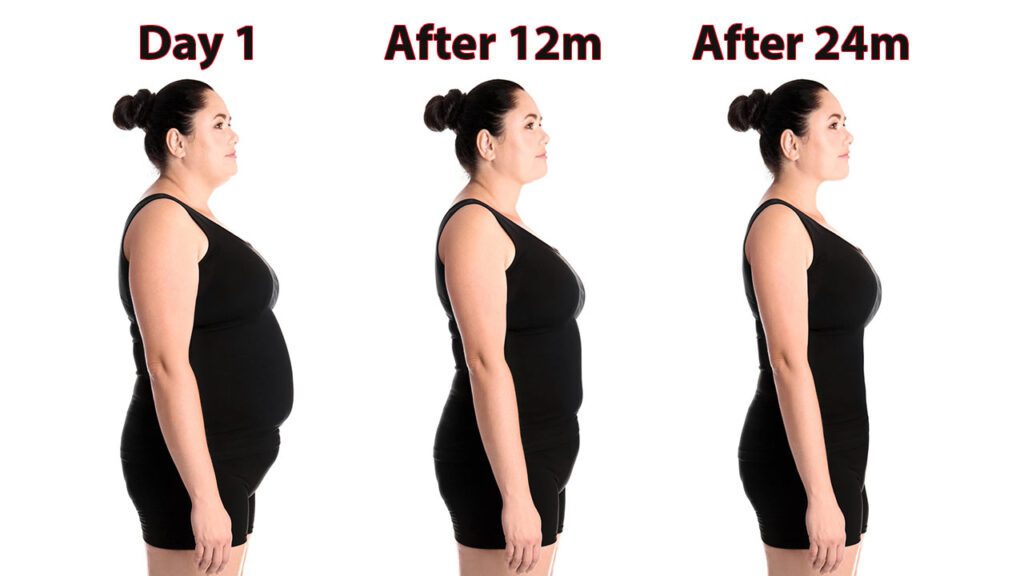Weight Loss Surgery in USA 2025 | Costs, Types & Risks
Weight loss surgery has become one of the most discussed health solutions in the USA. With obesity rates climbing and lifestyle diseases becoming more common, people are searching for lasting solutions. Weight loss surgery offers hope, not only for shedding pounds but also for improving health and quality of life. In this guide, we will explore everything you need to know—from costs and benefits to risks and recovery. Whether you are curious about the process, or seriously considering it, this article covers the facts in a simple and engaging way.
What is Weight Loss Surgery?
Weight loss surgery, also known as bariatric surgery, refers to different surgical procedures designed to help individuals lose weight by altering the digestive system. These surgeries work either by reducing the stomach size, limiting food intake, or changing how the body absorbs nutrients.
Common procedures include:
- Gastric bypass
- Gastric sleeve (sleeve gastrectomy)
- Adjustable gastric band
- Biliopancreatic diversion with duodenal switch (BPD/DS)
Why is Weight Loss Surgery Popular in the USA?
The United States faces one of the highest obesity rates worldwide. According to the CDC, over 40% of American adults are classified as obese. With obesity linked to diabetes, heart disease, and high blood pressure, many people turn to surgical solutions after diet and exercise fail.
Key reasons for popularity:
- Rising obesity-related health risks
- Improved surgical techniques
- Insurance coverage expansion
- High success rates for long-term weight loss
Types of Weight Loss Surgery
Gastric Bypass
One of the most common procedures. Surgeons create a small stomach pouch and reroute the intestines.
- Pros: Effective, long-term results
- Cons: More complex surgery, possible vitamin deficiencies
Gastric Sleeve
The stomach is reduced to about 20–30% of its original size.
- Pros: Less complicated than bypass, fewer nutritional issues
- Cons: Permanent, possible acid reflux
Gastric Band
An adjustable silicone band is placed around the upper stomach.
- Pros: Reversible, adjustable
- Cons: Less weight loss, requires regular follow-ups
Duodenal Switch (BPD/DS)
A complex surgery that combines stomach reduction and intestinal bypass.
- Pros: Highest weight loss results
- Cons: High complication risks, requires lifelong supplements
Costs of Weight Loss Surgery in the USA
The cost depends on procedure type, surgeon expertise, and location.
| Procedure Type | Average Cost (USD) |
|---|---|
| Gastric Bypass | $20,000 – $25,000 |
| Gastric Sleeve | $15,000 – $20,000 |
| Gastric Band | $8,000 – $15,000 |
| Duodenal Switch | $25,000 – $30,000 |
Insurance may cover part or all of the cost if medical necessity is proven.
Benefits of Weight Loss Surgery
- Long-term weight reduction
- Improved diabetes management
- Lower blood pressure
- Reduced risk of heart disease
- Increased energy and mobility
Real-world example: Many patients report losing 60–70% of their excess body weight within 18–24 months after surgery.
Risks and Complications
While generally safe, weight loss surgery does carry risks:
- Infection
- Blood clots
- Leaks in the gastrointestinal system
- Nutritional deficiencies
- Emotional adjustment challenges
Recovery After Surgery
Recovery timelines vary:
- Hospital stay: 2–3 days for most procedures
- Return to work: 2–4 weeks
- Diet progression: liquids → soft foods → solids
- Regular follow-up with doctors and dietitians
Lifestyle Changes Post-Surgery
Success depends on adopting new habits:
- Eat smaller meals
- Avoid high-sugar foods
- Exercise regularly
- Take prescribed vitamins and supplements
- Attend support groups

Weight Loss Surgery vs. Natural Methods
Some people prefer diet, exercise, or medications. While these methods work, surgery is often the best option for those with severe obesity (BMI 40+ or BMI 35+ with health issues).
Insurance Coverage in the USA
Most insurance plans cover weight loss surgery if:
- BMI is 40+
- Or BMI is 35+ with diabetes, sleep apnea, or hypertension
Check your provider’s requirements for coverage approval.
Real Success Stories
Thousands of Americans share their life-changing experiences online. For example, Sarah from Texas lost 120 pounds after a gastric sleeve, helping her control diabetes and regain confidence.
Alternatives to Weight Loss Surgery
- Prescription weight loss medications
- Medically supervised diets
- Endoscopic sleeve gastroplasty (non-surgical)
- Lifestyle programs (nutrition + exercise coaching)
- Ozempic Guide: Semaglutide Weight Loss & Side Effects Explained
- Weight Management Secrets: 10 Proven Ways to Stay Fit and Healthy
Pros vs Cons of Weight Loss Surgery
| Pros (Advantages) | Cons (Disadvantages) |
|---|---|
| Significant long-term weight loss | Surgical risks like infection or blood clots |
| Improves obesity-related conditions (diabetes, hypertension) | Nutritional deficiencies require lifelong supplements |
| Boosts confidence and mental health | Lifestyle adjustments can be challenging |
| May reduce risk of heart disease and stroke | High upfront cost (unless covered by insurance) |
| Increases mobility and energy levels | Possible complications like acid reflux or hernia |
| Expands access through insurance coverage | Not suitable for everyone (strict eligibility) |
Unknown Facts About Weight Loss Surgery
Many people assume weight loss surgery is a “quick fix,” but that’s far from the truth. One little-known fact is that the surgery is only the beginning of the journey. Patients must commit to lifelong changes in diet, exercise, and supplement intake. For instance, after gastric bypass, the body absorbs fewer nutrients, making daily vitamins essential to prevent deficiencies. Another surprising fact is that the brain also needs time to adjust—patients often experience shifts in appetite, taste preferences, and even food aversions after surgery.
Another lesser-known detail is that weight loss surgery can positively affect conditions unrelated to weight. Research shows it can reduce the risk of certain cancers, improve fertility in women struggling with obesity-related infertility, and even lower the chances of developing Alzheimer’s disease later in life. Some patients also report a boost in mood and reduction in depression symptoms due to improved hormone regulation post-surgery. These hidden benefits highlight that weight loss surgery is not just about appearance—it’s about total body wellness.
Conclusion
Weight loss surgery is more than just a medical procedure—it’s a life-changing journey. With the right preparation, lifestyle changes, and medical guidance, it can help people regain health, confidence, and control of their future. Whether you are considering surgery or exploring alternatives, knowledge is your strongest tool. Always consult healthcare professionals before making decisions, and remember: weight loss surgery is not the end, but the beginning of a healthier life.













